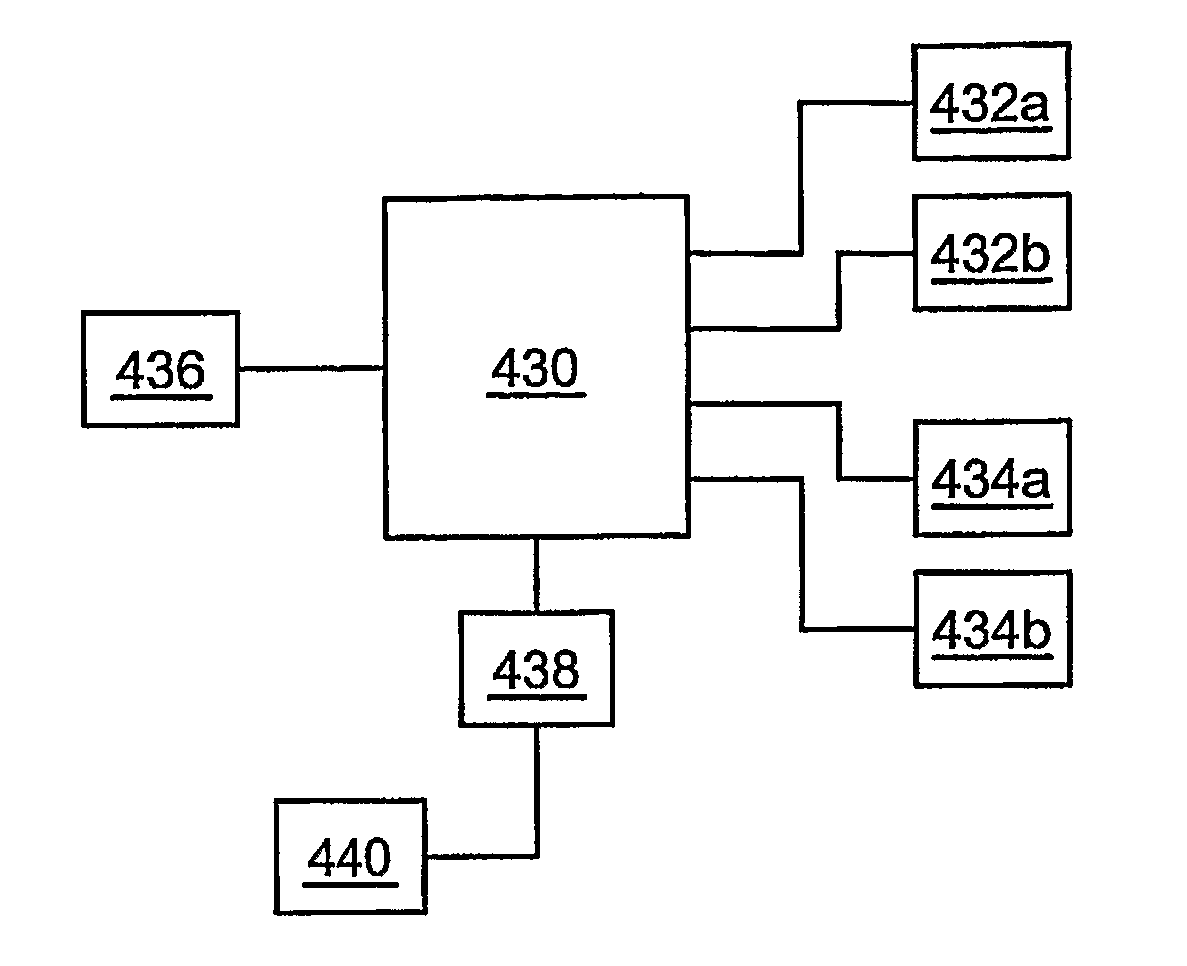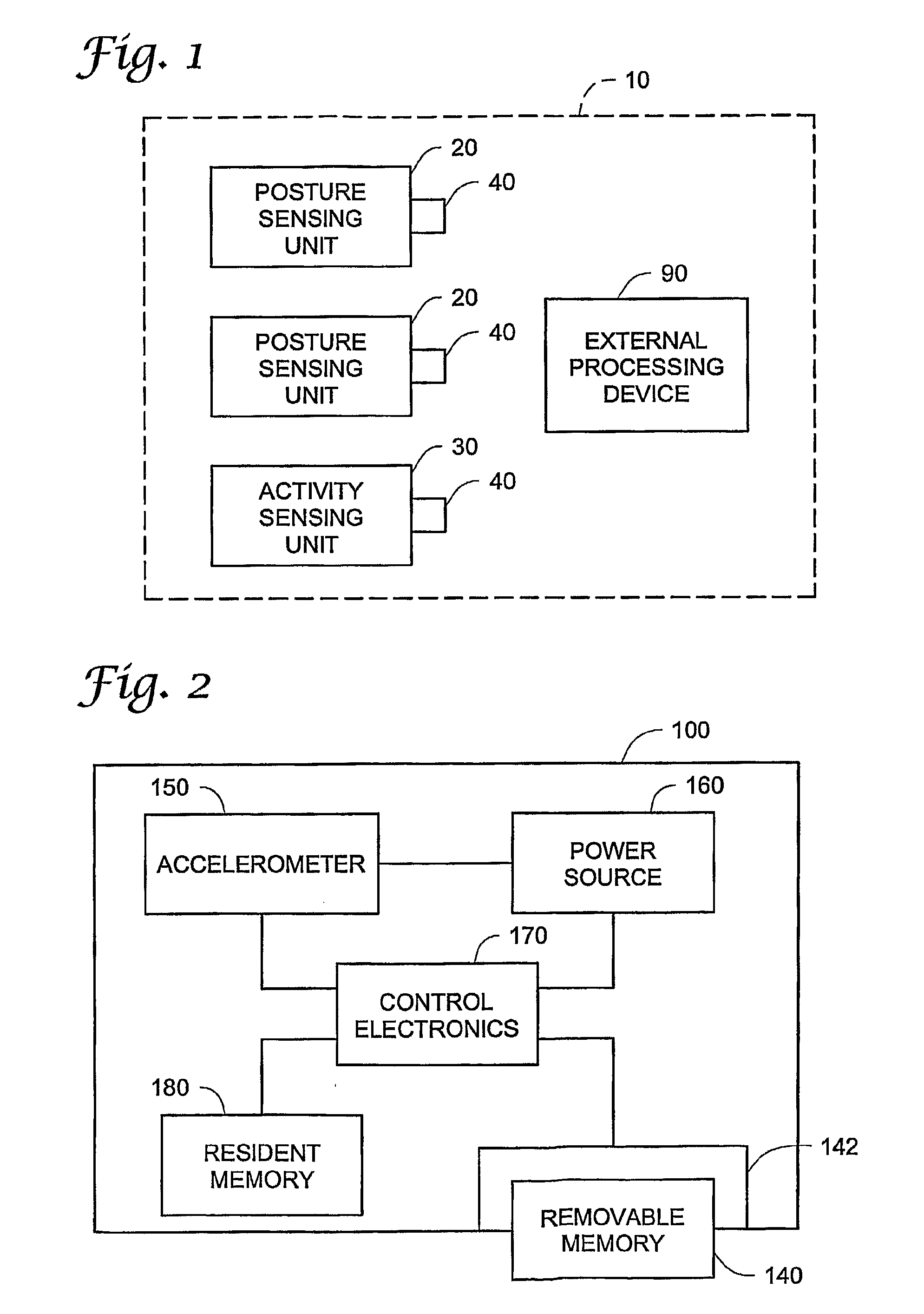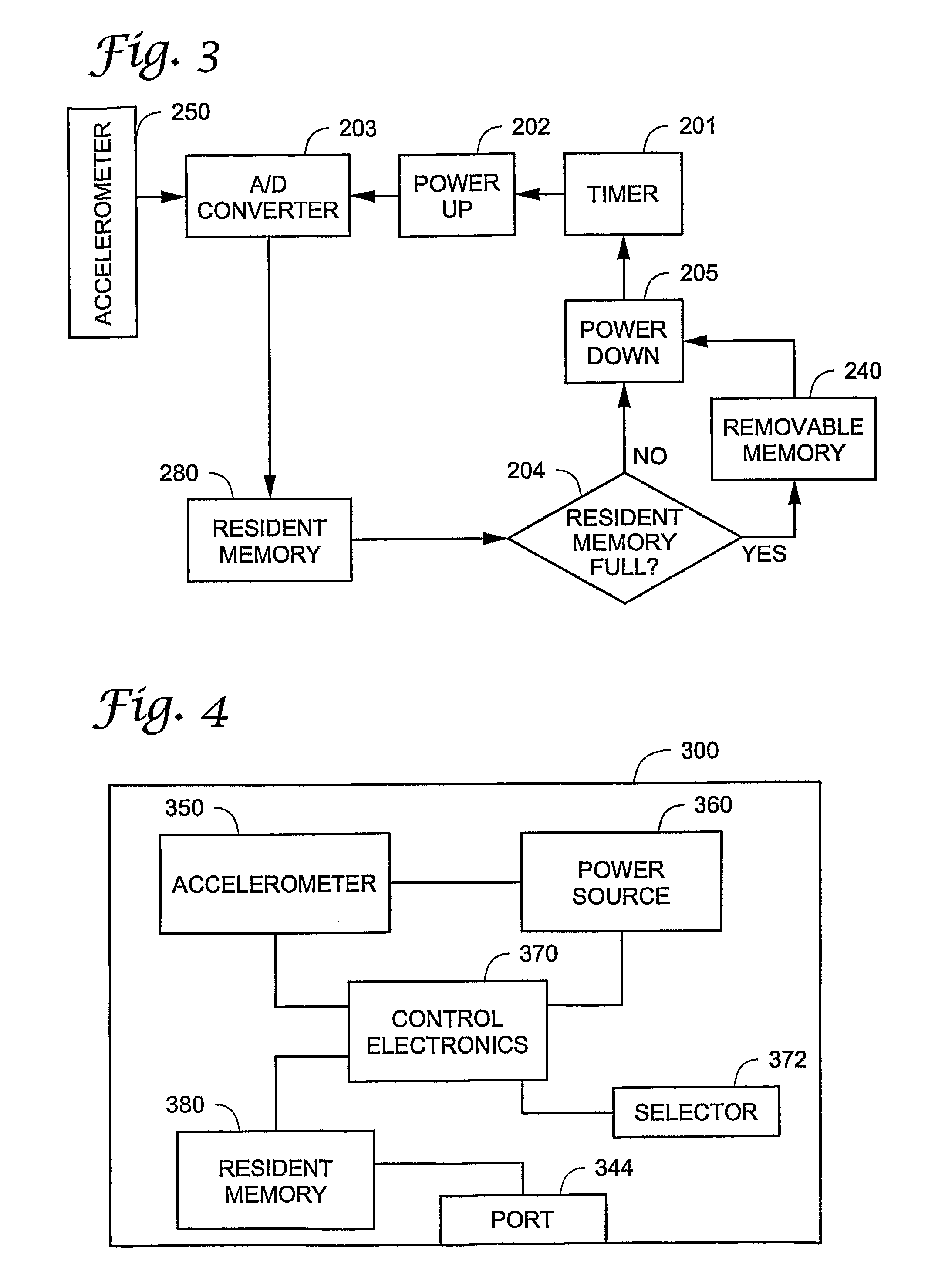Systems, methods and devices for promoting thermogenesis
a technology of thermogenesis and systems, applied in the field of systems, methods and devices for promoting thermogenesis, can solve the problems of marked variance in the energetic cost of sedentary versus active tasks, marked variability in the time allocated by different people to different tasks, etc., to promote thermogenesis, reduce the flow of electric energy, and reduce the effect of manufacturing scal
- Summary
- Abstract
- Description
- Claims
- Application Information
AI Technical Summary
Benefits of technology
Problems solved by technology
Method used
Image
Examples
Embodiment Construction
[0026]In the following description of exemplary embodiments of the invention, reference may be made to figures in which are shown specific embodiments in which the invention may be practiced. It is to be understood that other embodiments may be utilized and structural changes may be made without departing from the scope of the present invention.
[0027]At least some embodiments of the present invention may be in the form of a system, one exemplary embodiment of which is depicted in the block diagram of FIG. 1. Such systems according to the present invention may preferably include a set of independent sensing units that are used to collect data relating to posture and activity of a subject to which they are attached. As used in connection with the present invention, an “independent” sensing unit is a unit that is not in communication with the other sensing units in the system or with a central controller. In essence, each sensing unit operates independently to collect data relating to ...
PUM
 Login to View More
Login to View More Abstract
Description
Claims
Application Information
 Login to View More
Login to View More - R&D
- Intellectual Property
- Life Sciences
- Materials
- Tech Scout
- Unparalleled Data Quality
- Higher Quality Content
- 60% Fewer Hallucinations
Browse by: Latest US Patents, China's latest patents, Technical Efficacy Thesaurus, Application Domain, Technology Topic, Popular Technical Reports.
© 2025 PatSnap. All rights reserved.Legal|Privacy policy|Modern Slavery Act Transparency Statement|Sitemap|About US| Contact US: help@patsnap.com



